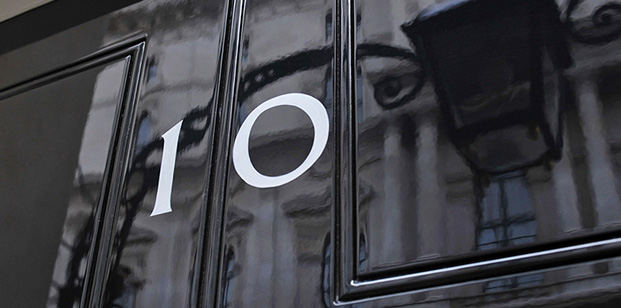The era of austerity is coming to an end, according to Chancellor of the Exchequer Philip Hammond. Government spending is set to pick up, boosted by a better-than-expected outlook for economic growth and Government borrowing. Nevertheless, with a Brexit deal still yet to be agreed, the Chancellor’s generally positive tone was tempered with a note of caution.
- Income tax breaks were fast-tracked to April 2019
- Government borrowing is in decline
- A Brexit deal remains key
The era of austerity is coming to an end, according to Chancellor of the Exchequer Philip Hammond. Government spending is set to pick up, boosted by a better-than-expected outlook for economic growth and Government borrowing. Nevertheless, with a Brexit deal still yet to be agreed, the Chancellor’s generally positive tone was tempered with a note of caution.
“Government spending is set to pick”
The UK economy is forecast to grow by 1.6% in 2019, compared with an earlier prediction of 1.3%. Growth is then predicted to ease to 1.4% in 2020 and 2021, rising to 1.5% in 2022 and 1.6% in 2023. Forecast public sector net borrowing for the current fiscal year was cut to £25.5 billion. Borrowing is then predicted to rise to £31.8 billion in 2019-20 before falling to £26.7 billion in 2020-21 and then continuing to decline to £19.8 billion in 2023-24, representing its lowest level in more than 20 years. The UK’s national debt peaked at 85.2% of GDP in 2016-17, and is expected to fall to 83.7% in the current fiscal year, continuing its decline to reach 74.1% by 2023-24.
The abolition of stamp duty for first-time buyers on properties worth up to £300,000 will be extended to first-time buyers of shared-ownership properties worth up to £500,000. This will be applied retrospectively: any first-time buyer who has purchased since the last Budget will be able to benefit. The personal allowance for income tax will rise from £11,850 to £12,500 in April 2019 – one year earlier than expected – and the higher-rate threshold will increase from £46,350 to £50,000.
The Government intends to introduce a new UK Digital Services Tax, payable by profitable companies with global annual revenues of at least £500 million. Meanwhile, business rates will be cut by one-third for all retailers in England with a rateable value of £51,000 or less. Elsewhere, the Chancellor raised the Annual Investment Allowance from £200,000 to £1 million for two years.
Mr Hammond believes that a favourable Brexit deal with the EU would “harness a double Deal Dividend” for the UK that would not only end the prevailing uncertainty, but also enable the Government to release some of the cash allotted against the possibility of no deal. Looking ahead, with less than five months to go until the Brexit deadline, the pressure on the Government to reach a deal can only intensify.









